"Capitalism isn't working!" was only one of the cries that went up from crowds in the streets this morning in London where the G-20 nations are holding their world economic summit. I especially liked, "Hang the bankers!" I was amused, but it really isn't funny.
It is a marvel that so many of us managed to survive the past thirty years, that is, since the Reagan Revolution. Any pay raises at work were nullified by a raise in taxes on middle-to-lower income earners, as well as company decisions to drop medical benefits and even the smallest perk, such as a paid, hour lunchtime.
Hardly anyone remembers the good old days when work was a 9-to-5 and there was an entire hour for lunch. Now, work starts at 8:30 a.m. to offset a half-hour, unpaid lunchtime, and business still closes at 5 p.m. so that employees get in a full eight hours. To wit, we spent more time at work making less money.
Meanwhile, the cost of living never stopped going up; and the credit card industry was filling in the gaps. We were made poorer as we just could not keep up unless we used credit to pay, especially medical bills. And then the credit card companies began to raise fees and add fees, especially late fees; and there was nowhere to go with a complaint. By the time the credit card industry got competitive, most of us were already awash in debt. I remember paying off several credit card balances with other credit cards, paying off debt with another debt.
No, I did not know how that made sense, but I was not a business person. I remember one financial expert claiming years ago that our financial system was far sturdier and more resilient than it was before the Great Depression, that there were mechanisms, some sort of interdependence among financial institutions, that made it bust-proof. I had no idea what he meant, but it was also the era of the then-new, high-yield debt instruments, a.k.a junk bonds, created by financial wunderkind, Michael Milken.
Because of Reagan-era deregulation, banks could issue credit and operate as investment banking houses. Real estate firms, insurance, and title companies could behave like banks. Every and all sorts of companies could issue credit cards. Venerable companies like General Electric became better known for their financial services. Prudential Insurance became Pru-Bache. What monies the insurance companies did not want to pay in claims enriched their investment portfolios.
Many homeowners were making their mortgage payments to a different institution every three or four months, many removes from the institution that originally held the paper. Their mortgage had been swapped, that is, bundled up with other mortgages, some good, some not, and sold like a security to another banking firm. Except that someone made money off someone else's debt, no one knows what that really means, especially, now, with the trouble we are in.
The cost of insurance kept rising, too, but it came to seem more like protection money. There were always reasons why the insurance companies, behaving more like the Mob, did not want to pay out; and with each auto accident or trip to the hospital, rates went up. So despite insurance, one could not have an accident or get ill. It was simple usury and certainly racketeering, and where insurance was involved with the State, collusion.
Tuition went up for both public and private schools, at the same time there was less financial aid, unless one wanted to take out a loan. Then Congress got angry at those people who were not paying back their loans, whom they claimed were all doctors and lawyers. Now you could default on your student loan, but the debt would never go away: it would alway have a spot on your credit report. And it would die when you do, and that part is thanks to President Clinton. Otherwise, your children's children would have been reaping sour grapes from the U.S. Department of Education.
Still, I lived a prosperous life. I had a new car, a nice house, clothing, jewelry. And a mountain of debt, which did not seem to matter. It was the American way.
Of course, I could never stop working. Or juggling.
These days, I just have a lot less to juggle. While all that credit was floated over the past thirty years, social services of every kind were cut. Slashed, really. What that means for me now is that I get any public aid in piecemeal fashion. If I have food stamps, I get less of something else. If I have more unemployment or disability monies, I get less food stamps. The aid is not cumulative in a way that a person could reach financial stability and move on and up. One merely teeters.
But, I am resourceful and in good health. And I do not really want to hang the bankers. Honestly, if swapping nothing is considered to be capital, I don't know whether capitalism works or not. I'm not sure we were even practicing capitalism, as such. I do like what money buys and would be woefully unhappy in a Marxist state where there were no department stores where I could try on new dresses, shoes, and jewelry, no matter that I could not afford them, and no array of cosmetics and make-up counters.
That sounds like sheer frivolity, but we are going to need to commit simple acts of levity to keep our heads up and to feel like staying above ground.
How to Decompress Your Back at Home
-
Stepping through your front door after a demanding workday should feel like
crossing a threshold into calm—but without intentional decompression […]





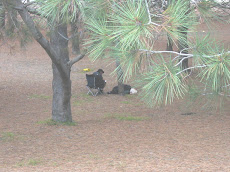



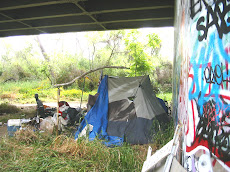







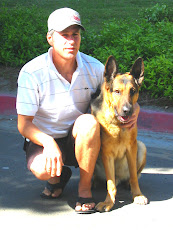
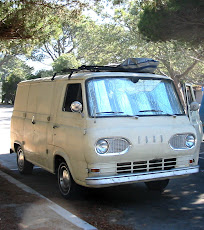
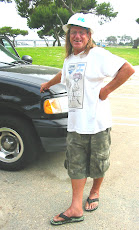









No comments:
Post a Comment